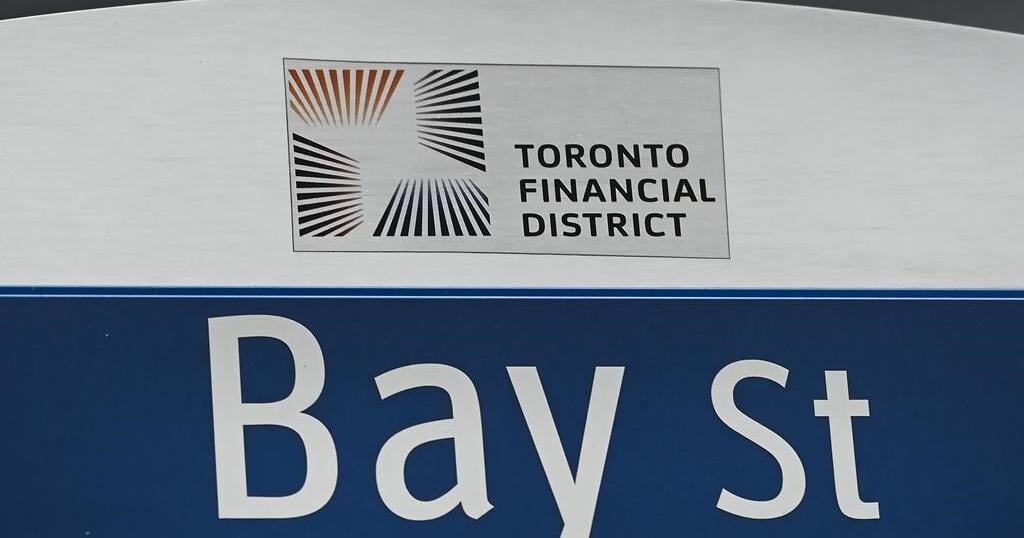(Bloomberg) — India will open up its space facilities, mineral blocks and power distribution to private companies, as it seeks new investments to help shore up an economy hit by the coronavirus pandemic.
Prime Minister Narendra Modi’s administration will also allow foreign investment up to 74% percent in defense manufacturing to attract investments, Finance Minister Nirmala Sitharaman said in New Delhi Saturday. The announcements include enabling private companies to use state-run space ports for launching satellites, and the nation’s atomic energy reactors to produce medical isotopes, she said.
These sectors “are going to be the new horizon for growth,” she said in her fourth interaction with the media in as many days to provide details of an economic package unveiled by Modi on May 12. “We see great potential for more investments which can be drawn with the reforms that we are announcing,” Sitharaman said.
The government on Tuesday pledged a $265 billion package to support the economy headed for its first full-year contraction in more than four decades. Sitharaman announced steps to support migrant workers and farmers earlier this week, including offering cheap credit and food rations to those affected by a nationwide lockdown to contain Covid-19.
She also identified coal mining, aviation and power distribution utilities as sectors ready to be opened up for private participation.
An investment of 500 billion rupees will be made in coal shipment infrastructure, including mechanized transfer of the fuel from mines to railway sidings, she said. That will aid Coal India Ltd.’s plan to produce 1 billion tons of the fossil fuel annually by the year ending March 2024.
She also reinforced the nation’s commitment to opening up commercial coal mining, and said 50 blocks would be auctioned in the first phase. Overall, there’s a plan to auction 500 mining blocks of different minerals, she said.
Other measures announced by Sitharaman include:
- More than 500,000 hectares spread across 3,376 special economic zones will be offered to investors looking to set up factories in the country
- State-owned defense units to be corporatized as a precursor to listing them
- India will notify a weapons lists to ban imports, while boosting local production of defense gear, with FDI limits for manufacturing certain equipment raised to 74% from 49%
- Auction of six airports to bring in 130 billion rupees in investments
- Power distribution utilities in federally administered territories to be privatized
(Updates throughout with details)
©2020 Bloomberg L.P.
Let’s block ads! (Why?)

Source link
Related
























